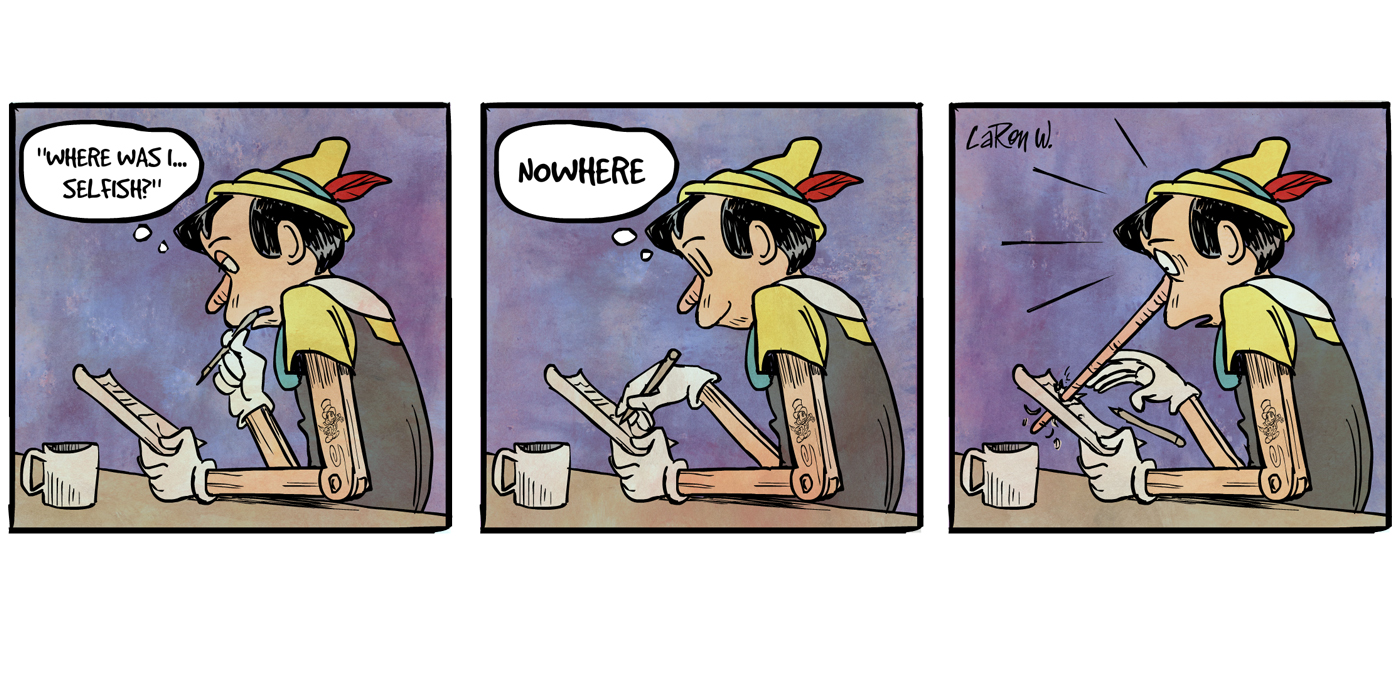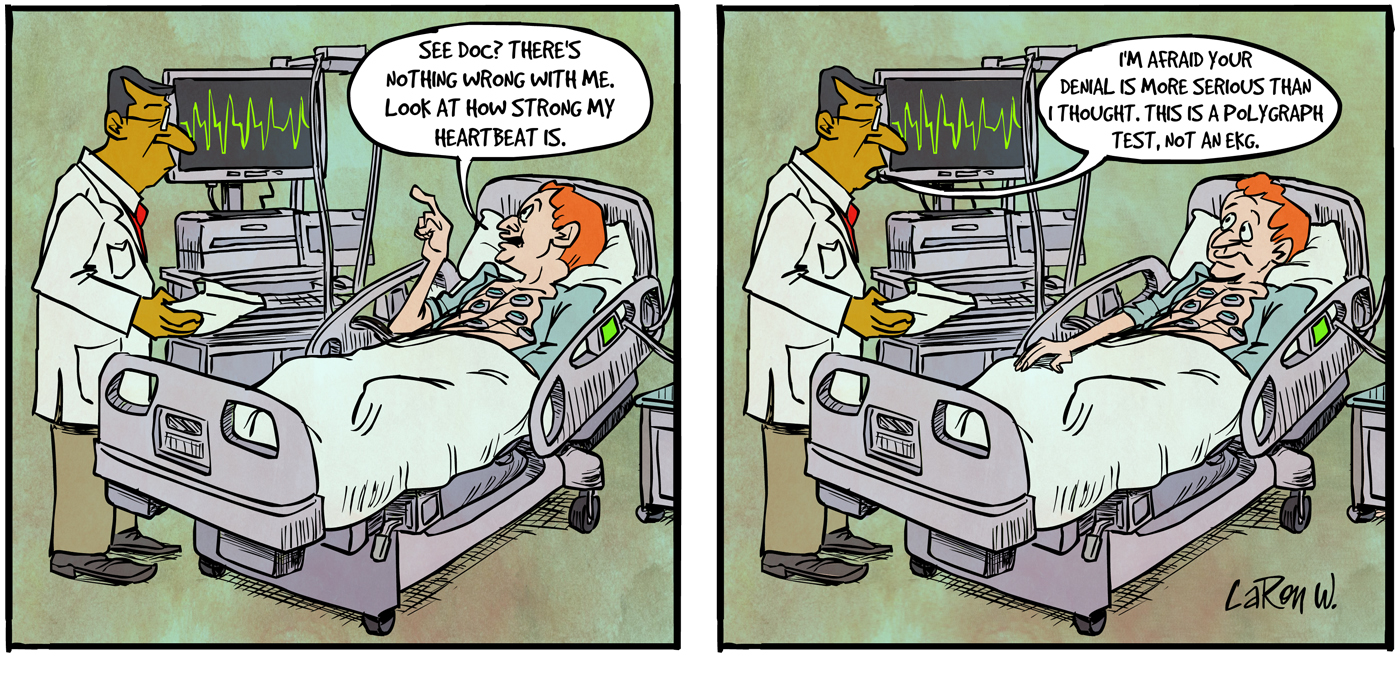I started sex-addiction recovery in 1994 in another sex-addiction fellowship, and spent the next eight years in a state of chronic relapse. Sometimes I couldn’t even get one day of sobriety, although a couple of times I reached six months. But five years ago something changed, and I have been able to stay sober.
I am a high-bottom sexaholic. My behaviors consisted of fantasies, compulsive masturbation, and compulsive use of Internet pornography. I didn’t believe that to act out was to die. But even though in recovery I was acting out less, my acting out behaviors were getting progressively worse. In the space of about five years, I progressed from never using Internet pornography to being unable to sit at my home computer without surfing for porn. It didn’t matter why I turned on my computer—I would invariably end up looking at porn.
The fantasies and Internet porn focused on violence against women. I knew that as my disease progressed, I would eventually start doing these things in the real world and not just between my ears. But even that knowledge was not enough to compel me to stop. There were times when my addiction scared me enough to get me sober, but that would last only a few months at best. Five years ago, I had a breakthrough. Several things happened around that time which led to sobriety.
First, I realized I was not making sobriety my top priority. I have energy/sleep problems, and it was not possible for me to work a full-time job and also do the recovery activities I needed to stay sober. I kept trying to balance the two. I would focus on recovery for a while at the expense of work, and things would get better. Then I would put my focus back on work at the expense of my recovery activities. Taking the focus off recovery inevitably led to acting out. Things would get worse, so I would re-focus on recovery. And so on, back and forth. Eventually I realized that I cannot stay sober until I make recovery/sobriety my number one priority at all times. In the past when I had problems getting out of bed and going to work, I would use masturbation to get me going. With my new focus, I would stay in bed until I had the energy to face the day. Needless to say, this decision did not make my employers happy. I’ve discovered that I cannot stay sober and work a full-time job. So I now have a part-time job, and I’ve applied for disability.
Second, I finally understood why I wanted sobriety. I had understood that my acting out was unmanageable. I also understood there was some severe unmanageability in my relationships. But these weren’t enough to make me do the difficult work required of sobriety. I finally realized I would never become “happy, joyous, and free” while I was a chronic slipper. I was miserable and unhappy. Even though things would get better at times, I was stuck in being miserable and unhappy. Using my addiction to suppress the pain was not working to get me better. This realization of unmanageability was the final portion of my Step One. This is what, to this day, gives me the overarching desire to stay sober. This is why I want sobriety and recovery.
Third, I learned that sexaholism is a “forgetting” disease. Toward the end of my acting out, if I managed to stay sober for more than a month, I would start to forget how bad it had been. I would reduce my recovery activities, and after two or three months I would act out again. When I got to 90 days the last time, I started sharing in every meeting that I was vulnerable; that in the past, this was about the time I would forget and subsequently relapse. I re-stated why I wanted to be sober: because I was sick and tired of being miserable and unhappy, and I wanted what the program had to offer: being happy, joyous, and free. I did this at every meeting until about the nine-month point, and it worked.
Chad C., Denver, CO, sober for 1,959 days






